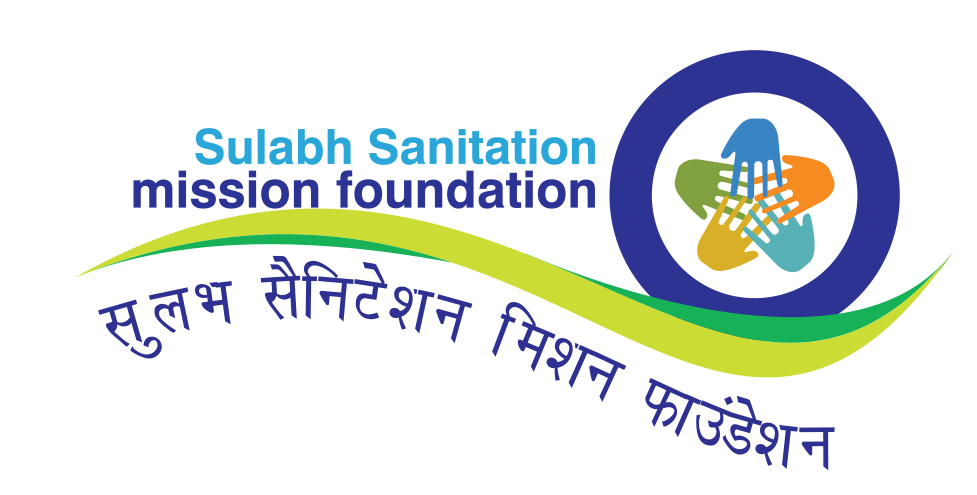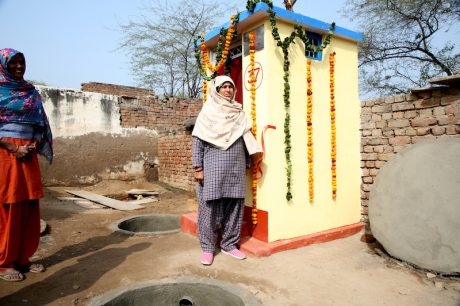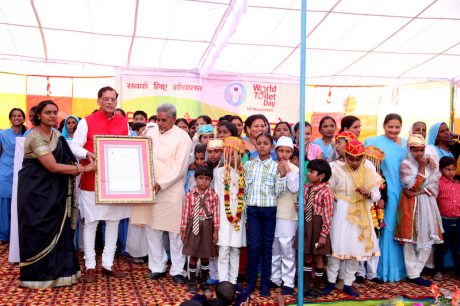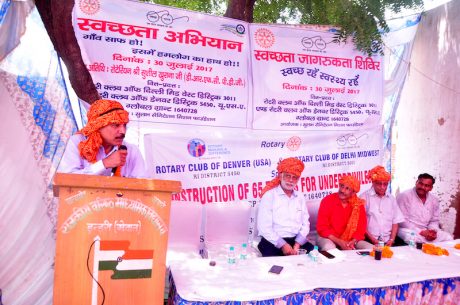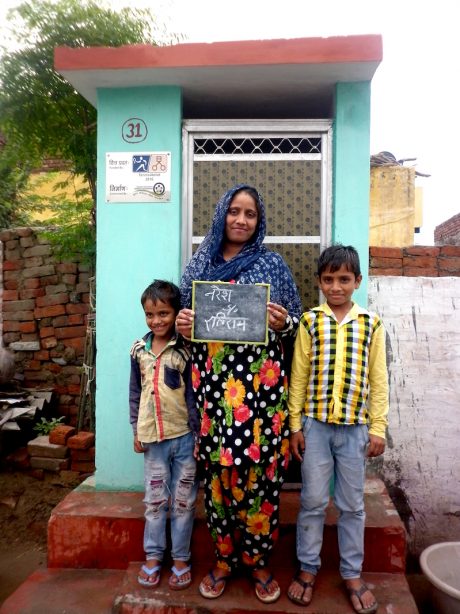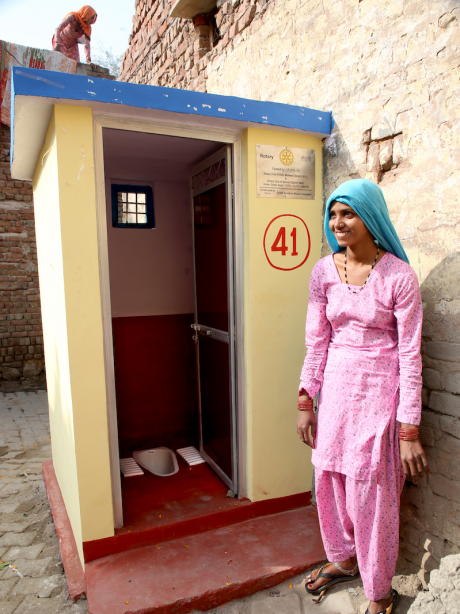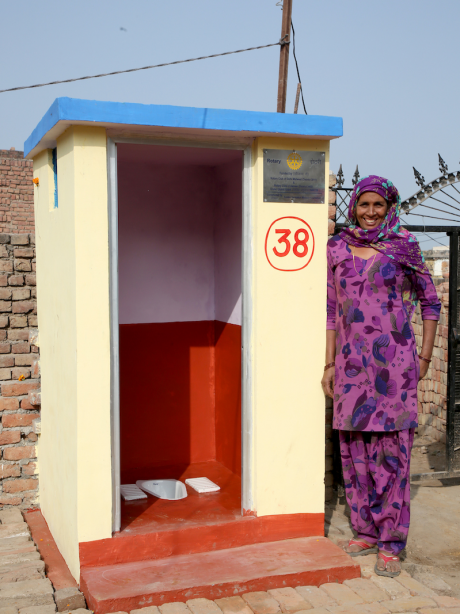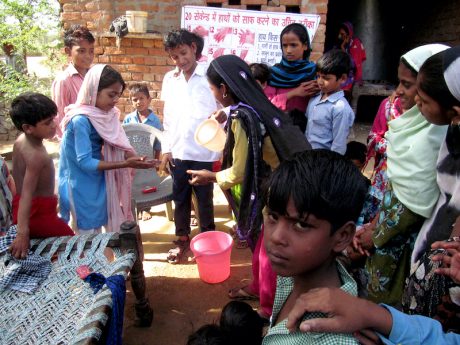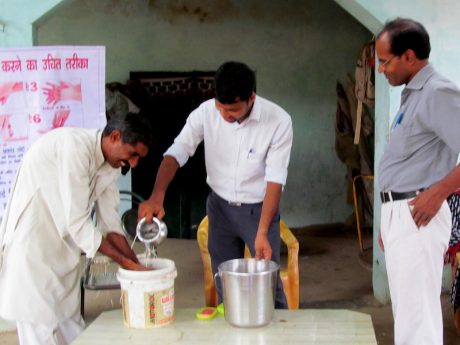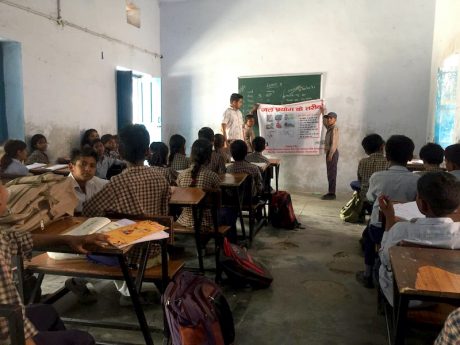SSMF’s mission during the past five years has been to implement Swachh Bharat Abhiyan’s objective of achieving an open defecation free India and to promote wider WASH activities amongst the country’s poor and marginalised populations.
In line with SDG 6, the focus of our work has been to attain total sanitation, end open defection and bring about behaviour change. Our actions have had an overall impact on reducing exposure to diseases, transforming gender relations, economically empowering women and youth. Our interventions are designed to bring about all-round human development. Our work at the grassroots has enabled villages to become “model villages” for development.
Some of the villages where we worked had acute problems of diarrheal diseases, cognitive development in children was abysmally low and mothers suffered from gastrointestinal and complex gynecological issues because they could not access toilets during the daytime.
We quickly realised that changing hygiene behaviour is the most crucial step in achieving health gains.
We made the community a part of the change process by making them an important stakeholder. For example, in Hirmithla village — about 70 km from Delhi — the well-off were persuaded to pay Rs 3000 (10% of total cost) for building household toilets, while the rest were managed through RailTel (a subsidiary of Indian Railways) and SSMF. This helped communities to take ownership of the toilets. They collectively kept it cleaned and facilitated the process of achieving ODF status in a very short time.
There are instances where women themselves worked as labourers to construct the toilets in their own villages. We have found that in villages where the WASH interventions have been robust, over time, populations show a better understanding of the relationship between open-defecation and diseases. We have also found that in many places people feel the need for toilets but did not see it as an important commodity and therefore did not get it constructed. Our focus has been to transform this attitude. We invested resources in training how to use toilets and extensively promoted handwashing campaigns both in communities and schools.
